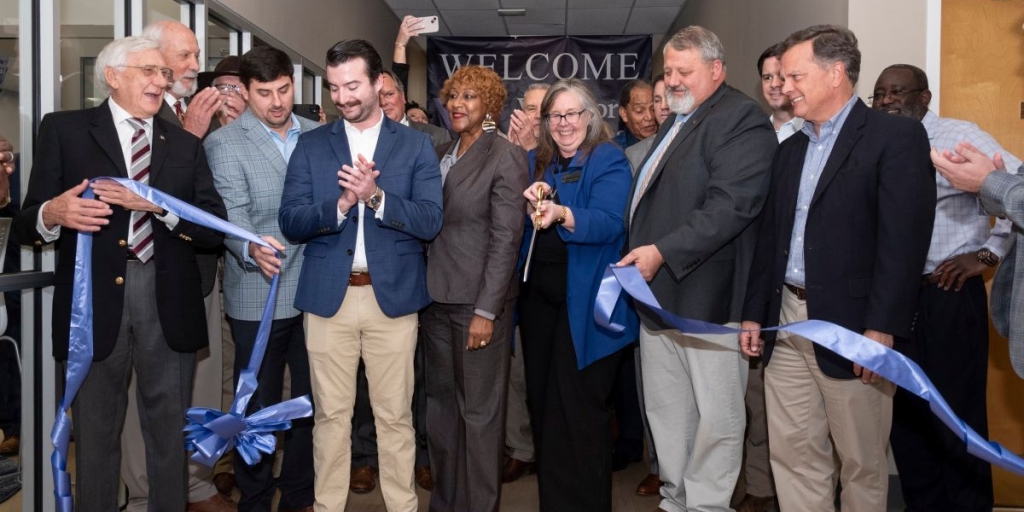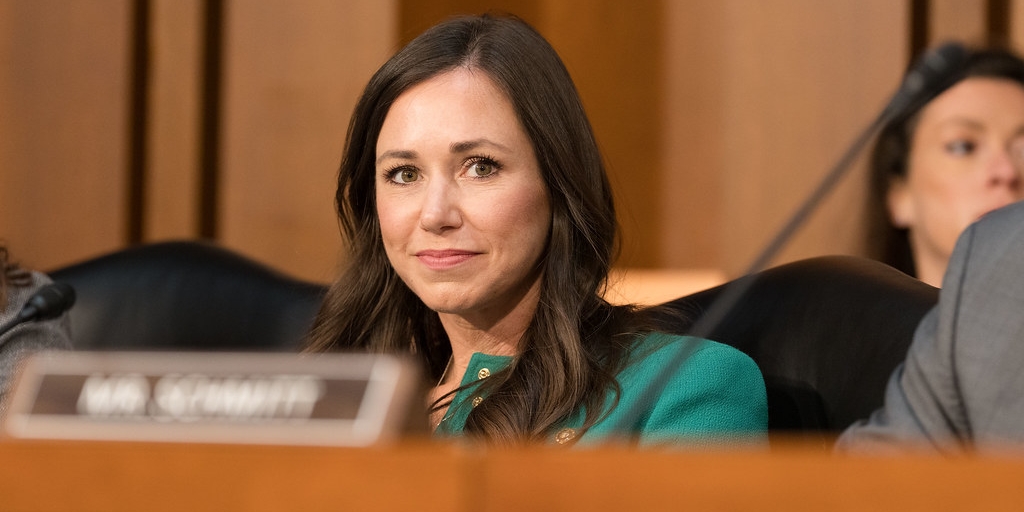HUNTSVILLE — In Alabama and across the country, childcare is no longer just a “perk” – it’s a big factor of work performance, engagement and even attendance.
But Alabama particularly stands out in U.S. labor statistics because nearly 19% of parents missed work in 2021 due to childcare issues, a rate much higher than Georgia’s and Florida’s 12%.
The childcare challenge hits working mothers especially hard.
In Madison County, 192 facilities are listed on the Alabama Department of Human Resources website for childcare centers. However, many have long waiting lists as the fall semester approaches.
Madison City Councilwoman Ranae Bartlett said she hears about it all the time.
“I speak to working mothers in our area who are particularly challenged during the summer time in finding child care and activities for their kids when school is out,” she told 256 Today. “As more people continue to move into this area for jobs, we have to focus on the things workers need like access to child care.”
Strategies to address the issue are wide-ranging. There’s an ongoing push for tax credits for parents, childcare programs, staff, and businesses offering childcare benefits.
Stephanie McColough, executive director of North Alabama Works, said she’s optimistic about the region’s opportunity to close gaps in access. She also said the process that’s been undertaken to accomplish that has brought a lot of valuable partners to the table.
“There’s been a lot of listening sessions to understand the challenges, both from the business side as well as the childcare provider side to try and understand all the challenges and solutions,” she said. “A lot of different solutions are coming out of it – and there’s not just one solution that best fits everybody.”
McColough shared some key developments, such as the Huntsville-Madison County Chamber’s collaboration with Mazda-Toyota Manufacturing to implement TOOTRiS, a program aimed at making child care convenient, affordable and on demand for parents.
“That’s been something that’s been highlighted through the Alabama works network at the state level,” she said. “We’re getting ready to have a meeting on Aug. 8 with companies who are interested in expanding that, hopefully statewide.”
That partnership was featured last year in the U.S. Chamber of Commerce Foundation series on innovative Child Care solutions.
Bartlett also said the challenge comes along with opportunities for local leaders.
“With Alabama ranking in the bottom three for labor participation rate, local leaders can do their part by offering zoning for and recruiting businesses that offer child care for its residents,” she said.
Some state lawmakers are attune with providers and the people who wake up everyday committed to serving the future of Alabama as childcare professionals.
House Minority Leader Anthony Daniels worked to pass a bill during the 2023 legislative session that would create an Alabama Child Care Tax Credit. The legislation would incentivize employers and child care providers to expand access and increase quality for families.
“What this childcare tax credit will do is provide an opportunity for industry to either build or expand their existing childcare facilities that are on site, which will then pull more individuals, specifically moms, to be able to work and have access to childcare – and it’s incentivized,” said Daniels (D-Huntsville). “The other piece to that is the provider themselves will be able to have a tax credit based upon the rate of the facility. If you’re a five-star facility with regards to quality, you get $2,000 for each employee credit.
“That will give you an opportunity to either pay directly for the provider to allow a space for an employee that may be impacted. Or it may give you an opportunity to give directly to that employee as a reimbursement.
“It gives us an opportunity to focus on quality.”













